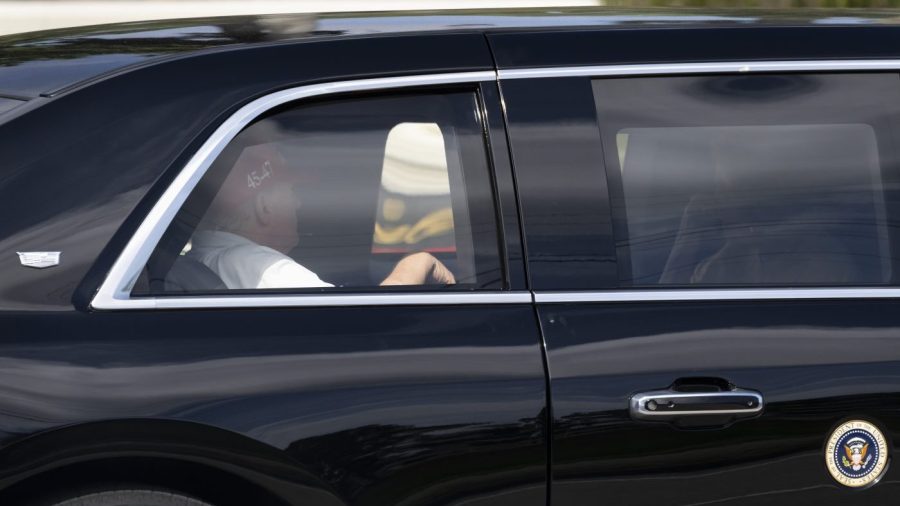Trump Signs Executive Orders at Mar-a-Lago: What You Need to Know
Former President Donald Trump signed several executive orders today at his Mar-a-Lago resort in Florida, marking a significant policy shift in his second term. Here’s a breakdown of the key orders and their potential impact:
Overview of Executive Orders Signed
Establishing a White House Faith Office
Creating an “Anti-Christian Bias” Task Force
Expanding expedited removal authority for immigration enforcement
Revoking Biden-era immigration policies
Restricting work permits for certain immigrants
Key Takeaways
The orders signal a renewed focus on religious issues and immigration enforcement.
Critics argue the measures could lead to discrimination and civil rights violations.
Supporters say the orders protect religious freedom and enhance border security.
Potential Impacts
Faith-Based Initiatives
The new White House Faith Office, led by Paula White-Cain, aims to strengthen partnerships between faith-based organizations and the federal government. However, some religious liberty advocates express concerns about government overreach and potential discrimination against minority faiths.
Immigration Enforcement
The expansion of expedited removal could allow for faster deportations of recent arrivals without court hearings. Immigration advocates warn this may deprive people of due process and the chance to claim asylum.
Work Permit Restrictions
New limits on work permits for certain immigrants could affect asylum seekers and green card applicants, potentially creating economic challenges for those individuals and local communities.
Background and Context
These executive orders build on Trump’s first-term immigration policies while introducing new faith-based initiatives. The actions come amid ongoing debates over religious liberty, immigration reform, and the separation of church and state.
Different Perspectives
Supporters say:
The orders protect religious freedom and address perceived anti-Christian bias.
Stricter immigration measures enhance national security and rule of law.
Critics argue:
Faith-based initiatives could lead to discrimination against religious minorities.
Immigration orders may violate due process rights and humanitarian obligations.
What’s Next
Implementation details for many of these orders remain unclear. Legal challenges are likely, particularly regarding immigration enforcement changes and the scope of the new religious task force.
Key Quotes
“All Americans should be free to exercise their faith without government intrusion in school, in the military, in the workplace, and in the public square.” – Kelly Shackelford, First Liberty Institute
“Rather than protecting religious beliefs, this task force will misuse religious freedom to justify bigotry, discrimination, and the subversion of our civil rights laws.” – Rachel Laser, Americans United for Separation of Church and State
As this situation develops, stay tuned for updates on how these executive orders are implemented and any legal challenges that may arise.









